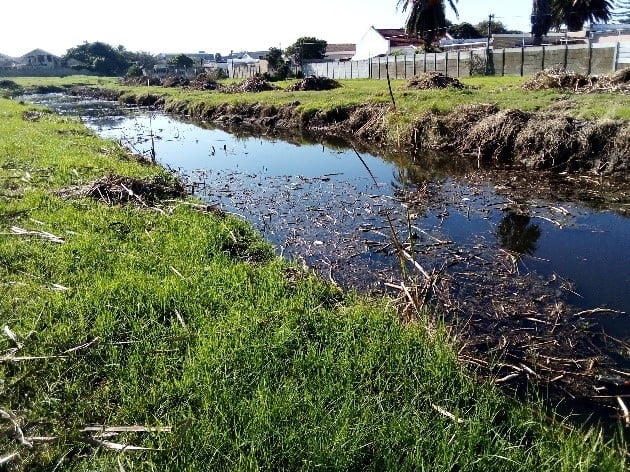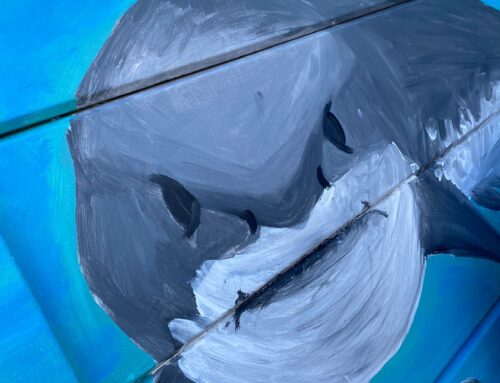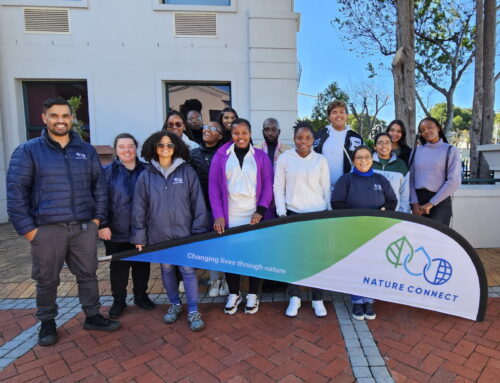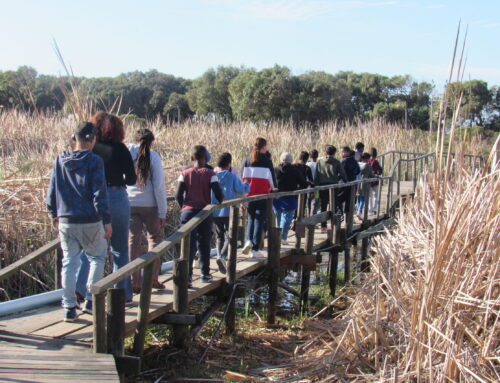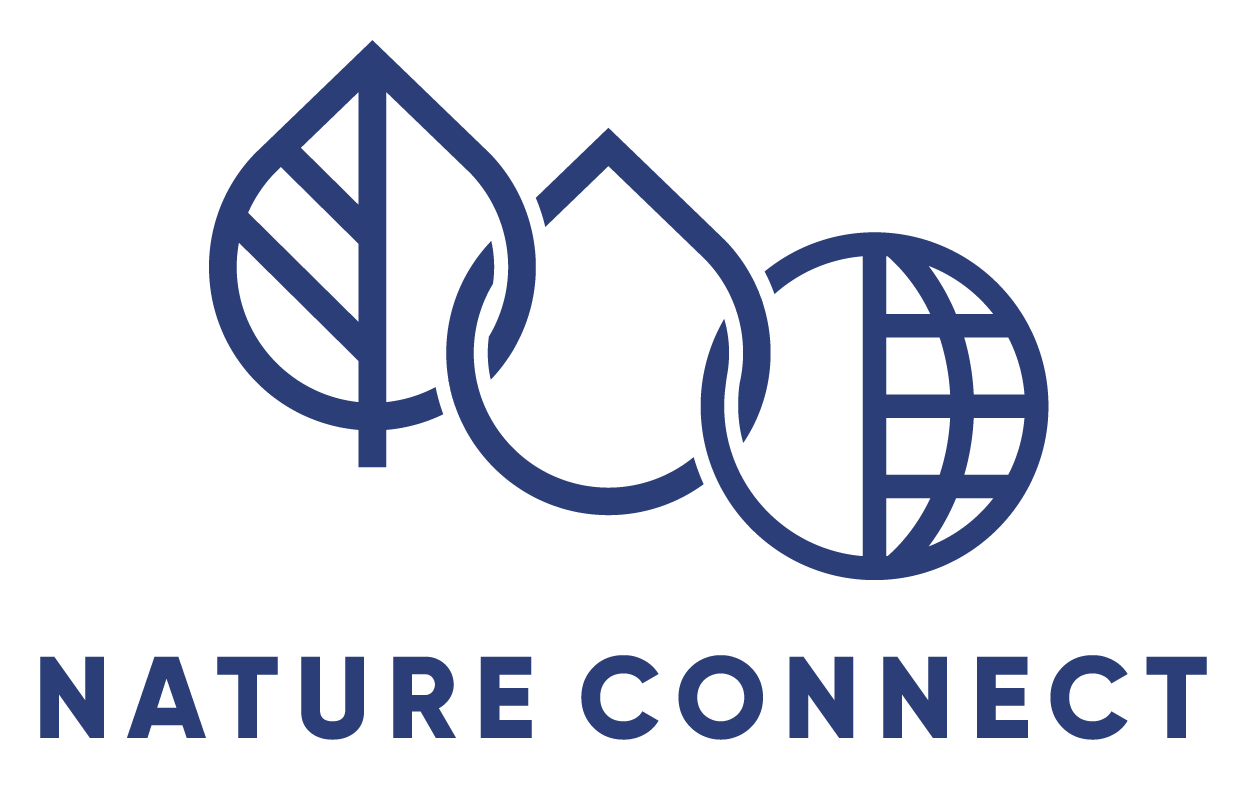The advent of COVID-19 in South Africa definitely compromised plans for training and in-field productivity of the River Ambassador team, as no field work could be done from 26 March to 15 June. Not all was lost as the River Ambassadors were given assignments and learning material to stimulate their thinking and test their comprehension. Themes included identification and management of alien invasive plants, fynbos appreciation, fynbos vs alien plants, biomes of SA, rivers, wetland ecosystems, and COVID-19 awareness and protocols. The ambassadors were supplemented with data to assist them in the submission of their work and conduct research on the various themes. This helped identify participants that are academically inclined and those who would require attention for future training programmes. From the group, people who had the potential to be tutors were identified and encouraged to capacitate and challenge themselves to take up that role within the group. On 15 June the team returned to work. Due to risk of exposure for the team strict health and safety measures have been put in place, one of which is that the teams work alternate shifts to minimise exposure. At Mocke waterway, the ambassadors worked together with the City of Cape Town staff to remove litter, Typha and other reeds that had been cut. In the Doordrift waterway, the ambassadors removed litter along the river and under the M3 bridge which is a refuge for homeless people. No formal training could be carried out during this quarter owing to lockdown restrictions. The River Ambassadors are looking forward to receiving the following training when lockdown restrictions are lifted: brushcutter and chainsaw use, herbicide application, first aid, and health and safety.
Update on our River Ambassadors
Published On: 10th July 2020Categories: Environmental Education, News, Training and Development
Address
Unit 3B Tokai on Main Business Park
2 Burchell Street
TOKAI
7945
Contact
021 706 8523
[email protected]
Environmental Education Programme:
021 706 8523
[email protected]
Website design and development by The Ethical Agency, a leading Digital Marketing Agency for sustainable brands | Website powered by green renewable energy website hosting

